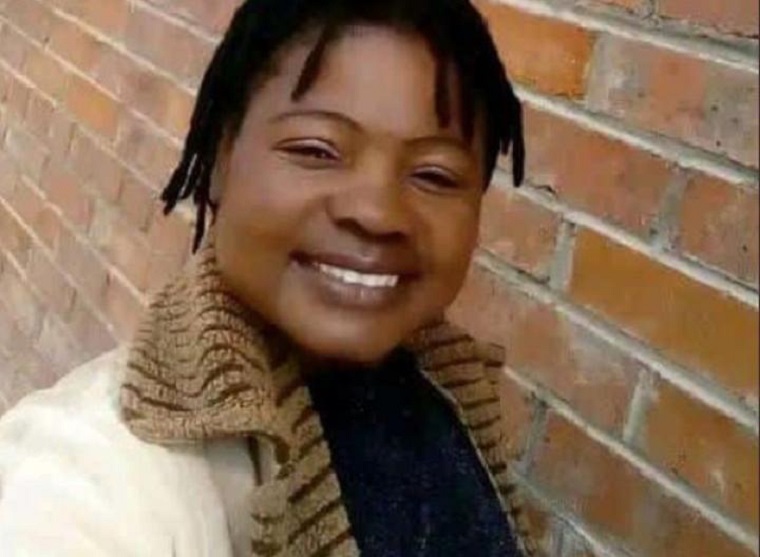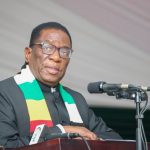Such scenes are in stark contrast to the multitudes of CCC supporters and top officials who gathered to grieve Ali when her body parts were discovered in June 2022 – shedding light onto the disintegration of a party that was once a formidable force in Zimbabwe’s politics.
In August last year, the party’s candidate and then leader Nelson Chamisa narrowly lost presidential elections. However, the CCC took control of all major cities and towns, as well as winning enough parliamentary seats to deny the ruling ZANU-PF party the two-thirds majority it would need in order to change sections of the Constitution.
But the party has struggled to remain united since the elections after a man claiming to be the CCC secretary-general began removing dozens of elected officials, with support from parliamentary authorities, the government and the courts. Chamisa said his party didn’t even have a position of secretary-general and described the man as an imposter and fraudster.
The CCC has since split into many tiny factions after Chamisa quit the party in January, claiming that President Emmerson Mnangawa’s administration had hijacked the opposition and was engineering its decimation.
Some of Chamisa’s former associates accuse him of being dictatorial, charges he denies, claiming the movement has been a victim of state machinations.
The few mourners at Ali’s burial shoved and engaged in verbal insults as each faction tried to drown out the other and take control of burial proceedings.
The brawling opposition activists left before the burial was over, with only a handful of Ali’s family members remaining to complete the process.
Further to the opposition infighting, some local and international organisations such as Amnesty International say Mnangagwa is using intimidation, arrests and the courts to entrench his rule.
The 81-year-old former guerrilla fighter promised democratic reforms when he replaced longtime ruler Robert Mugabe after a popular army-backed 2017 coup but is now accused of being as repressive as his predecessor and mentor.
Mnangagwa attributes the near-collapse of the opposition to infighting and denies allegations of subverting democracy.
However, some fear for the future of Zimbabwe’s democracy now that the ruling party, which has since regained its two-thirds majority in the lower house of parliament, is governing without effective and organised opposition for the first time in decades.
“Locally, there are fears among people that we are moving towards a one-party state, with democracy dying a slow death,” said the Zimbabwe Catholic Bishops Conference in a letter marking the start of the church’s Lenten season in February.-AP
(258 VIEWS)


